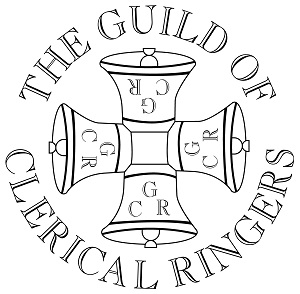But why do people ring peals?
A young woman was walking through the market place of Shepton Mallet on a Saturday morning. The bells of the parish church were ringing. Someone complained to her about the noise. “I wish those bells would stop.” “Well, they are ringing for my wedding.” That young woman is now my wife of 36 years and we were ringing a peal. Nothing better than putting a lumpy old large Somerset eight through its paces, singing Stedman. (They have been improved since then.) Of course we scored.
Why do people ring peals? The rules were basically established in the eighteenth century (like the laws of cricket) and have been tweaked in minor ways since then.
But why do people ring peals? I look through my list and see that its only a tiny number which were rung for a special occasion: to give thanks for a monarch’s Silver Jubilee, to celebrate a wedding, to mark an engagement, to say farewell to a Cathedral Provost, to observe the departure of a Diocesan Bishop, as a memorial to a much-loved ringing friend, and for the enthronement of a King.
Peal ringing improves people’s ringing skills: their ability to put themselves right at a mistake. They are an occasion to improve striking. It’s not much fun ringing a peal where the second keeps clashing with larger bells because an individual is ringing by ropesight, not by rhythm.
Then there is the mental and physical challenge. It gives a sense of achievement. Sometimes the peal is a collector’s item. It is unusual to get permission at that tower. Some of the band may never get another chance. Sometimes it is pure joy. There is huge satisfaction in the rhythm, the performance and skill.
Church bells are there for the Glory of God. Let’s not ring peals for trivial reasons.
Dale Barton
